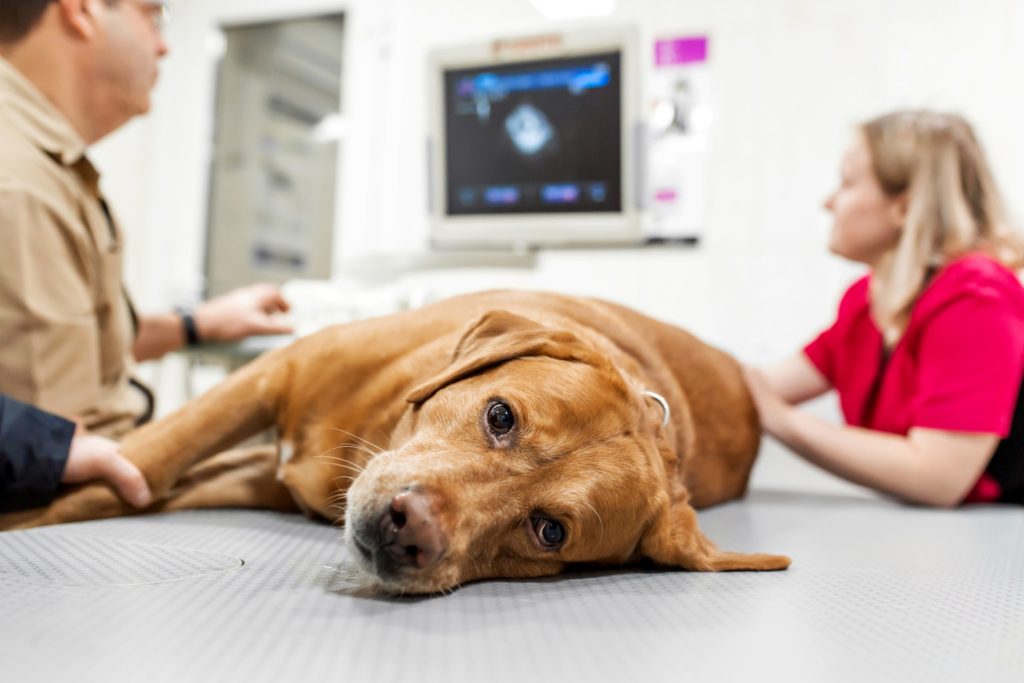
Background The digestive tract is responsible for the absorption of nutrients and the elimination of waste; hence with chronic enteropathies (CE) and especially protein-losing enteropathy (PLE) these diseases can severely impact a patient’s health and may even result in death. Studies in companion animals have shown that patients with CE and PLE have low stores […] Read more »





